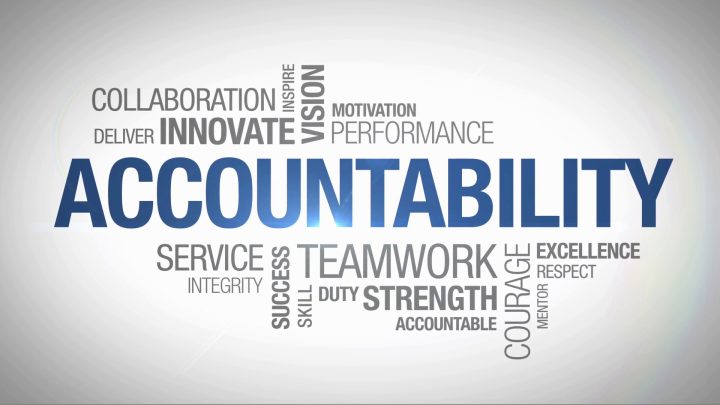FUTURE OF WORK
Feel free to sample my thought leadership, inspired by my work and life experience and by my extensive client work.

EMOTIONAL INTELLIGENCE, FUTURE OF WORK
The key for your company to thrive in the post-Covid era is your people’s level of emotional intelligence
Recently I attended a virtual conference, HR Leaders, on the future of work. Listening to the distinguished panelists sharing their ideas, I couldn’t stop thinking that the success in our… Read more
09/05/2021Reading time: 5 minutes
FUTURE OF WORK
The Cloud Agora and A Leader’s Duty of Care for People Nowadays
Since the beginning of this year I ran numerous conversations with team and organization leaders, either as part of ongoing market research or as part of my group training and… Read more
08/02/2021Reading time: 9 minutes
Let’s Talk
If you are a current, former, or future CEO facing major personal, career, or leadership challenges, I would love to get to know you and work with you. Please book a call directly with me, and let’s talk.



